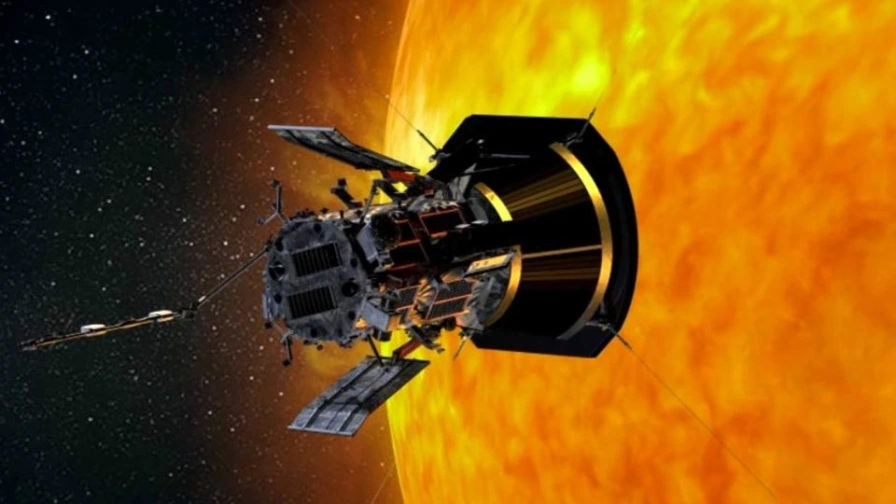While only a chosen few have had personal space, space exploration has helped all of mankind flourish.
Humanity has been engaged in space for more than 50 years; although the number of individuals visiting space for personal purposes is small, space exploration helps the entire planet. From our contemporary telecommunications infrastructure to modern computers to solar cells, the inventions produced to meet the obstacles of exploring our solar system have real impacts on Earth as well.
Now, with nations all over confirming their commitment to space exploration, mankind stands on the brink of a fresh frontier. Early February found three Mars-bound spacecraft arriving at the Red Planet. First arrived the al-Amal (Hope) orbiter of the United Arab Emirates, the first interplanetary mission launched by an Arab country. China's Tianwen-1 mission, which will provide the first martian rover for the nation sometime in May, followed hope. Finally, but just as importantly, NASA's Perseverance rover landed.
NASA has reiterated their commitment to returning people, so the new era of space travel is only beginning. The first woman will visit the Moon by 20XX. As part of a new 10-year strategy to build their own space program, Turkey's president, Recep Tayyip Erdogan, just said the nation will send a lunar rover in 2023. For space exploration, the next decade is showing to be an interesting and exciting one. What then might those of us living on Earth expect?
Innovation
greater obstacles follow with greater space travel. But space agencies have shown themselves more than adequate, always creating knowledge and fresh technologies right along. Many of the inventions resulting from past space exploration—including solar panels, implanted heart monitors, cancer treatment, and water-purification systems—we take for granted now.
From power production and energy storage to recycling and waste management, sophisticated robotics, health and medicine, transportation, computing, and engineering, further space exploration provides fresh and serendipitous advantages to a range of sectors. Though specific future developments in new technologies are difficult to forecast, if history is any guide many of us will find life transforming.
Inspiration

Long ago, civilizations all over stared up at the nighttime heavens and dreamt. When NASA astronauts first set foot on the Moon in 1969, they caught a picture of Earth before arrival. It altered our knowledge of our place in the Universe and transformed mankind.
The Voyager 1 ship then caught a picture of our faint blue dot at a distance of 3.7 billion miles (6 billion kilometers in 1990). The picture motivated Carl Sagan's book Pale Blue Dot: A Vision of the Human Future in Space's title. Look again at that dot, he wrote. That is here. That's residential. There is us. You may also read this: Nova Outburst Could Be Visible In Northern Skies
During the first five decades of space travel, mankind's perspective on the boundaries of discovery has changed and fresh ideas on how life may live outside Earth have been sparked. NASA's Curiosity rover found first hints in 2013 of Mars formerly having an environment fit for life. Perseverance, their most recent rover, will shortly start gathering interesting samples to return to Earth one day in search of direct proof of ancient microbial life on the Red Planet. Finding past or current life either in the solar system or perhaps beyond will permanently alter our perspective of the location of our pale blue dot in the universe.
Diplomacy
Combining creativity with a fresh respect of our planet creates the basis for worldwide collaboration. Though it began as a competition, space exploration is today the cornerstone for international diplomacy and alliances.
At over thirty years old, the International Space Station (ISS) is the best illustration of ongoing, effective worldwide cooperation. Originally 15 countries signed the intergovernmental agreement for the ISS, that number has grown over time to include involvement from 68 countries.
The ISS shows what humans are capable of when we decide to cooperate toward one objective. More ambitious worldwide collaboration will be needed as missions becoming more difficult and as such presents chances for peaceful, globally coordinated activity in space and on Earth. International corporations are required at home to address worldwide concerns such solar storms, Near-Earth Objects, and global warming.







